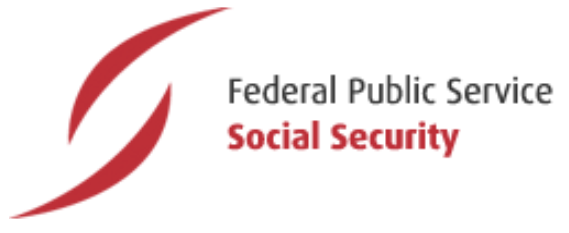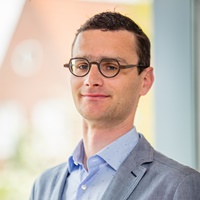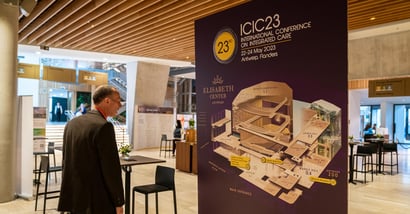Concrete and integrated tools to prevent work-related mental disorders
Following the definition of an integrated prevention plan for work-related mental disorders in a participatory manner during the first phase of the project from January to June 2018, the 12 different selected pilot projects pursued the common goal of producing and developing concrete and pragmatic tools to prevent disorders such as burnout. These projects, with funding of up to €300,000 for some projects, were implemented throughout 2019 and covered a broad spectrum of companies and institutions, regardless of their size, sector or profiles of employees they employ. The intention was to encourage the formation of consortia between different complementary types of companies to propose actions with a broad and complementary scope. Despite a very short deadline imposed by the duration of the grants for the projects, we can congratulate the different actors of the pilot projects because of their energy and enthusiasm in each realisation. To encourage the creation of prevention tools that allow real "integration" of different levels of intervention and prevention, we asked the coordinators of the pilot projects to use the "framework for integrated prevention" developed in the first phase of the project.
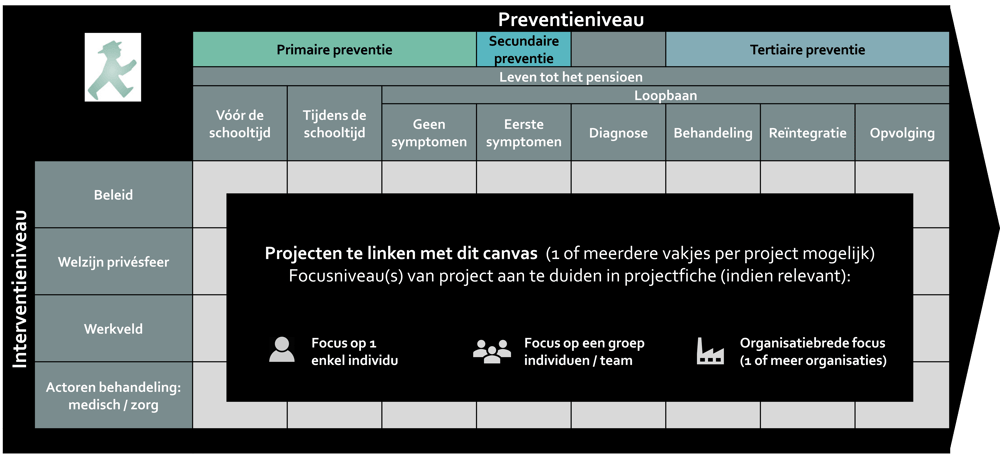
A synthetic story book and a video clip summarising each pilot project
During the evolution of the projects, the various actors got in touch with the Committee for Selection and Evaluation (CSE), composed of members of institutions and universities to refine the trajectory if obstacles were encountered. In order to provide feedback, each pilot project has summarized its trajectory in a synthetic “storybook” which can serve as a guide for other companies or institutions wishing to undertake a similar journey or to draw inspiration from it. A video clip was also shot per project to illustrate the achievements.
Tools available to everyone on the internet
Those responsible for each project were able to present their trajectory and the tools created during an event organised on 10 March 2020 at the FPS Social Security, which brought together nearly 300 people with complementary profiles, followed by a "good practice fair" where each participant was able to go to the various stands where the projects were presented, in order to explore certain topics in greater depth.
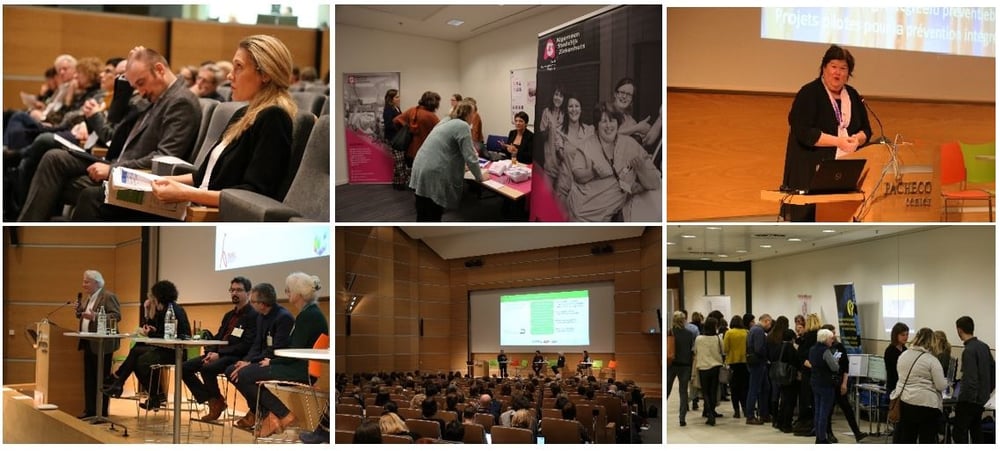
All achievements of this comprehensive programme, are available online:
-
On the central website to combat stress and burnout: https://www.ikvoelmegoedophetwerk.be/nl
-
On the website of the FPS Social Security: https://socialsecurity.belgium.be/en
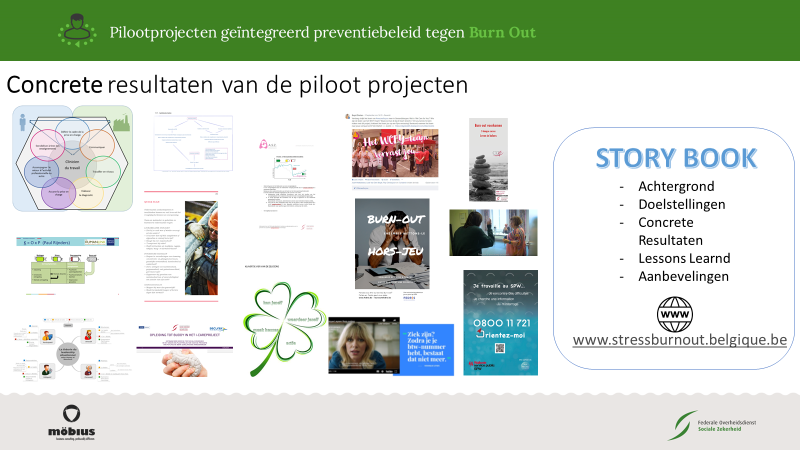
A dynamic that should be continued ...
The ambitious programme implemented here, thanks to the many stakeholders in the pilot projects, institutions and universities, sought to provide continuity or complementarity to the previous institutional actions that had already been launched. The advantage of the participatory methodology adopted was that by bringing together a large number of different actors, the great richness through the diversity of views could be exploited. A lot of energy and creativity came out of the group to propose concrete solutions and exchange good practices. The existing context within organisations and the impact of the Covid-19 crisis only reinforce the urgency that such actions can continue, to provide more tools to combat work-related mental illness. Therefore, the creation of a platform was proposed by the various members of the institutions participating in the programme, with the main objective of coordinating the exchange of information on ongoing or to-be-launched federal projects, to ensure the coherence of initiatives in an integrated policy perspective. In this context, a longer-term follow-up of the results of the pilot projects is envisaged with a view to continuous improvement.
